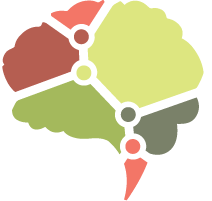Language Learning
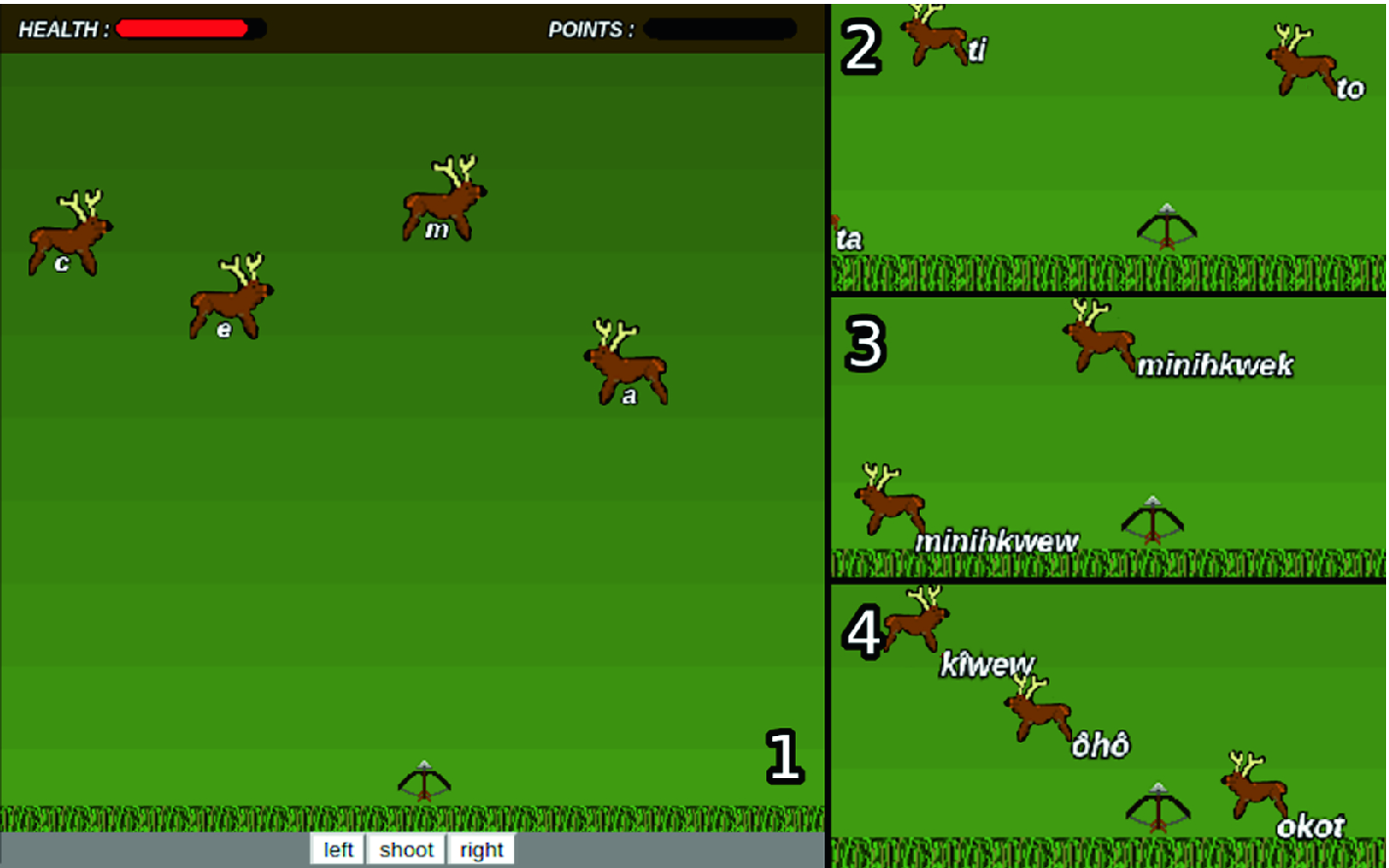
SoundHunters
SoundHunters is an arcade-inspired game that teaches the sounds of Plains Cree (nehiyawewin). Deer descend with text attached to them as the player hears a sound on repeat. It’s the player’s job to shoot the deer whose text is associated with the given sound.

There are three versions of this game:
- a basic Plains Cree version,
- an adaptive Plains Cree version that personalizes the game play to the player, and
- a version that will teach the sounds of Southern Michif, a language spoken by some Métis people. This version is currently under development
People: Carrie Demmans Epp, Delaney Lothian, Nhan Nguyen, Josie Matalski, Gokce Akcayir
Alumni: Anaka Sparrow
Collaborators: Dorothy Thunder, Matt Taylor
Publications and Presentations:
Lothian, D., Akcayir, G., Sparrow, A., McLeod, O., & Demmans Epp, C. (2020). SoundHunters: Increasing Learner Phonological Awareness in Plains Cree. In I. I. Bittencourt, M. Cukurova, K. Muldner, R. Luckin, & E. Millán (Eds.), International Conference on Artificial Intelligence in Education (AIED) 2020 (pp. 346-359). Springer International Publishing. https://doi.org/10.1007/978-3-030-52237-7_28
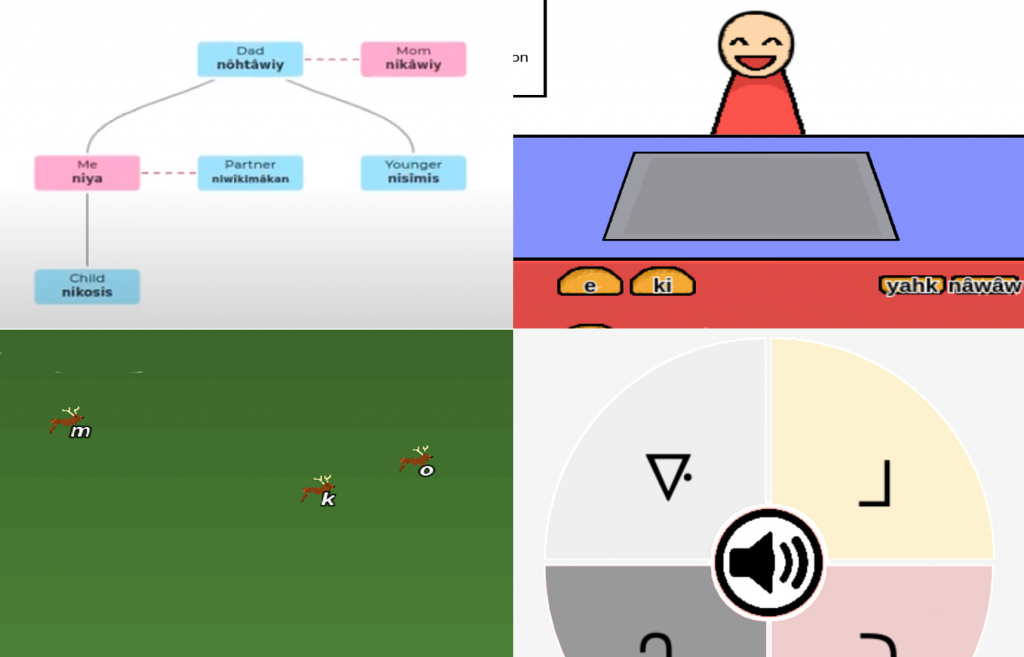

CreeTutor: A System to Help People Learn nehiyawewin (Plains Cree)
The CreeTutor Project aims to teach learners nehiyawewin (Y-dialect Cree). This website will provide computer assisted learning material for adults to promote their aural fluency in the language.
Add Your Heading Text Here
Currently, most of the websites available to Cree learners are largely focused on providing resources rather than providing instruction, they are also generally underfunded and not user-friendly. The website we are developing hopes to provide instruction to users through mini games as well as exposure through animations, recorded stories, and other activities.
People: Carrie Demmans Epp, Delaney Lothian
Collaborators: Dorothy Thunder
Alumni: Caitlyn Deslauriers, Mekha George, Jeremy Edombingo, Amrinder Grewal, Jennifer Mah, Sarah Hoven, Owen McLeod, Anaka Sparrow, Nicole (Zixin) Zhao, Gokce Akcayir, Robin Howse
Publications & Presentations:
Lothian, D., Akcayir, G., Sparrow, A., McLeod, O., & Demmans Epp, C. (2020). SoundHunters: Increasing Learner Phonological Awareness in Plains Cree. In I. I. Bittencourt, M. Cukurova, K. Muldner, R. Luckin, & E. Millán (Eds.), International Conference on Artificial Intelligence in Education (AIED) 2020 (pp. 346-359). Springer International Publishing. https://doi.org/10.1007/978-3-030-52237-7_28
Lothian, D., Akcayir, G., & Demmans Epp, C. (2019). Accommodating Indigenous People When Using Technology to Learn Their Ancestral Language. Presented at the Lifelong Learning Workshop at AIED 2019 (Vol. 2395 pp. 16-22), Chicago, Illinoisl, USA. CEUR-Workshop Proceedings. http://ceur-ws.org/Vol-2395/
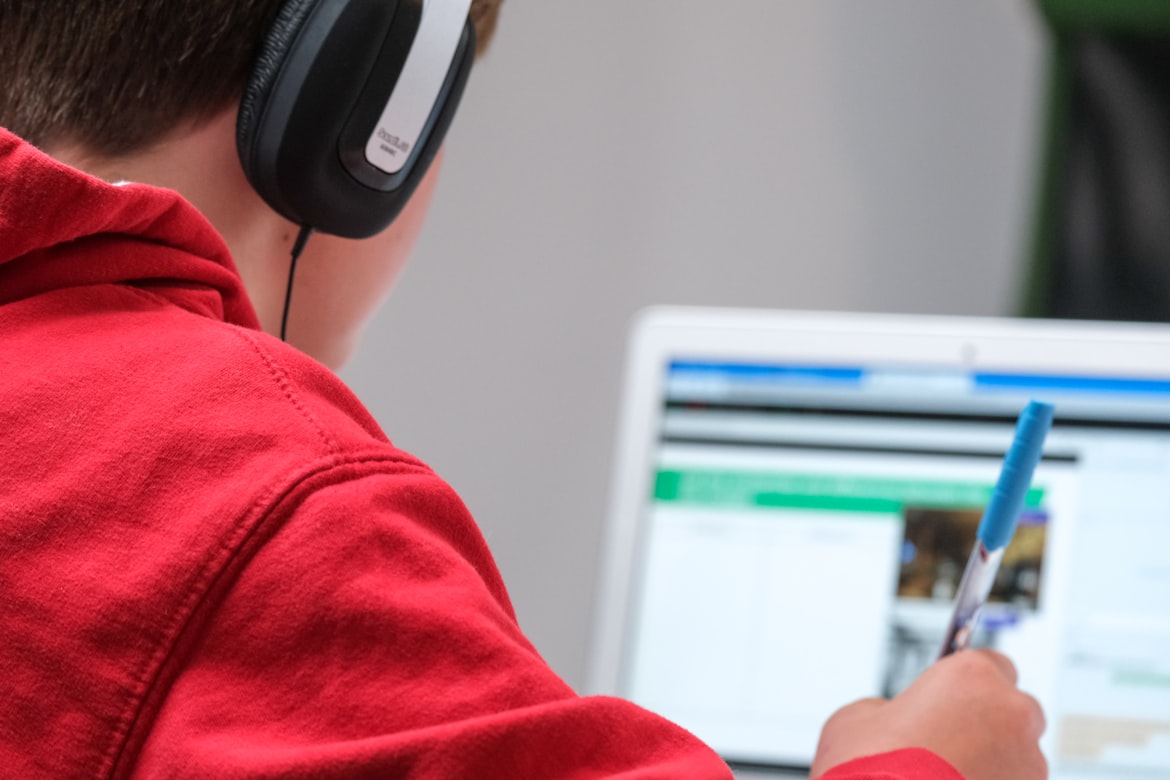
Cree NLP Project
Plains Cree is a low resource language, Indigenous to Canada. This language is at risk of being lost so we have collected a corpus of language materials to enable the creation of language technologies.

The developed corpus consists of different forms of data such as videos, audio, and text from various resources like Facebook, Youtube, Cree blogs, and educational websites. It also includes stories from community members. In addition to these base resources, the corpus contains English-Cree aligned texts.
This corpus will help enable the application of downstream natural language processing tasks, such as language models.
People: Carrie Demmanse Epp, Daniela Teodorescu, Josie Matalski, Delaney Lothian
Alumni: Kelly Shih, Divya Prasad, Sabrina Lou, Adya Dutt
Collaborators: Denilson Barbosa
Publications & Presentations:
Lothian, D., Teodorescu, D., Barbosa, D., & Demmans Epp, C. (2019). Building a Language Model of nehiyawewin (Cree, Y-dialect) Language Technologies for All (LT4All), Paris, France.
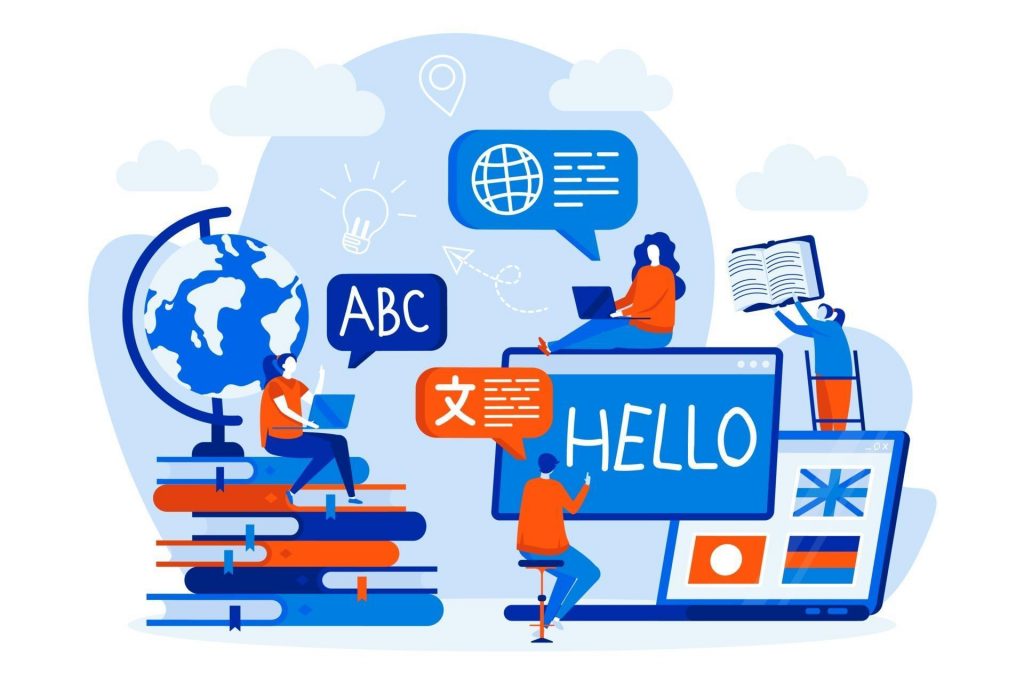

Detecting Negative Language Transfer
This project identifies structural writing errors related to language transfer in the texts written by English language learners. It does this using machine learning and language models to represent the learners’ first languages and English grammars. It then provides learners with targeted feedback based on those errors.
Add Your Heading Text Here
This project has two parts. Identifying negative language transfer (NLT) and providing feedback to learners based on their negative language transfer.
To identify NLT in learner writing, models are used to identify which incorrect utterance structure is more prevalent for a particular population of learners and whether there is any indication that these incorrect utterances may be influenced by the English language learner’s first language. At present, we are trying to identify NLT in the writing of speakers of Chinese and Persian (Farsi) as a first language.
To build these models, we first had to create datasets that could be used to train them. These datasets can also be used to test models that detect grammatical errors that are due to negative language transfer.
We developed a Google Docs plug-in using these models. The plug-in gives learners targeted feedback to help them understand their grammatical errors when the error is a result of their borrowing grammatical structures from their first language. We are about to start a study of how Chinese learners of English respond to this support.
People: Carrie Demmans Epp, Mohammad Karimiabdolmaleki, Leticia Farias Wanderley, Jiahua Liu
Collaborators: Maria Cutumisu, Mohsen Rezazadeh
Alumni: Nicole(Zixin) Zhao
Repositories/Data:
https://github.com/EdTeKLA/LanguageTransfer
Publications & Presentations:
Wanderley, L. & Demmans Epp, C. (2021). Detecting negative language transfer using models that represent language structure. In the 16th Workshop on Innovative Use of NLP for Building Educational Applications (BEA) at the 6th Conference of the European Chapter
of the Association for Computational Linguistics (EACL) (pp. 64-74). [online] https://www.aclweb.org/anthology/2021.bea-1.7
Wanderley, L., Zhao, Z., & Demmans Epp, C. (2021). Negative Language Transfer in Learner English: A New Dataset. In Conference of the North American Chapter of the Association for Computational Linguistics: Human Language Technologies (NAACL-HLT). (pp. 3129-3142). Association for Computational Linguistics. https://www.aclweb.org/anthology/2021.naacl-main.251
Wanderley, L. & Demmans Epp, C. (2020). Identifying negative language transfer in writing to increase English as a Second Language learners’ metalinguistic awareness. In Bringing Together Writing Tool Design, Writing Analytics and Writing Pedagogy Workshop at the International Conference on Learning Analytics and Knowledge (LAK). Frankfurt, Germany [online]. https://writinganalytics.zhaw.ch/wp-content/uploads/2020/03/LAK20_Writing_Analytics_Workshop-Identifying-negative-language-transfer-in-writing-to-increase-English-as-a-Second-Language-learners%E2%80%99-metalinguistic-awareness.pdf

Adaptive Literacy in Corrections
This project aims to support the development of incarcerated persons’ literacy skills. Learner modelling will capture literacy-contributing skills and be used to personalize each user’s learning experience.

Education in corrections presents unique challenges for learners, facilitators of programming, and correctional staff. Adaptive learning technology has the potential to support the learning of incarcerated persons. This application will use machine learning to make appropriate adaptations for learners based on assessments of their knowledge and behaviors.
People: Carrie Demmans Epp, Gisele Arevalo
CS Education
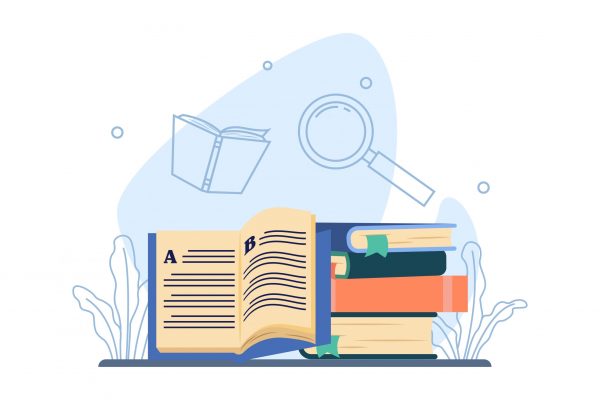

Tier 3 CS Vocabulary
This project aims to create a list of advanced vocabulary that are specific to computer science using tools and techniques from natural language processing.
Add Your Heading Text Here
To support computer-science education efforts and English learners, we are creating a list of the most-used advanced vocabulary in computer science. Like other word lists that cover more general academic vocabulary, this list could be used to support English for specific-purposes learning when students plan to pursue computer-science degrees. It could also be used by computer-science instructors to better support these students.
Going beyond the creation of this list, we aim to analyze the usage and adoption of the identified vocabulary in student discourse.
People: Carrie Demmans Epp and Vedant Bahel
Alumni: Adya Dutt, Tejas Bhatia, Rebecca Auron
Online Learning

PeppeR Analytics
PeppeR Analytics seeks to improve and support the online learning experience of PeppeR forum by mining the social relationships, visualizing the analytics of student usage and linguistics data, updating visualization libraries, recommending posts of interest for students and developing new analytics such as online class involvement, connectedness and learning support.
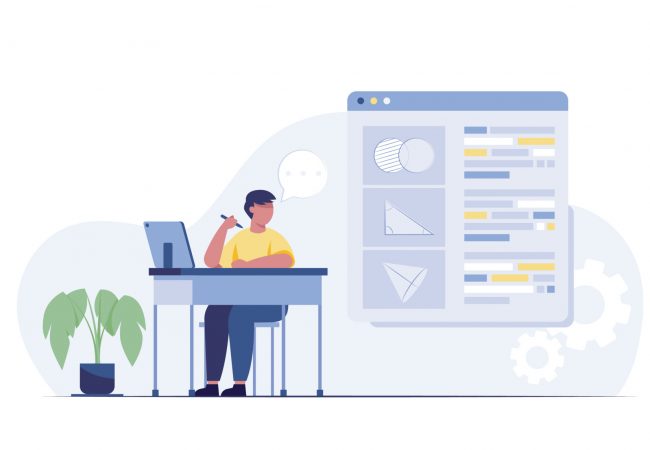
Through applying Natural Language Processing (NLP) and Human Machine Interaction (HCI) techniques, forum posts, build topic models, and conduct sentiment analysis, is analyzed and visualized. On the other hand, a think-aloud approach is used to identify areas for improvement in the student’s learning experience. Collaborative filtering and content-based filtering is also used to build recommender systems.
People: Carrie Demmans Epp, Yonael Bekele, Dake Zhang, Michelle Wong, Gokce Akcayir, Zhaorui Chen, Krystle Phirangee, Leticia Wanderly
Publications and Presentations:
Demmans Epp, C., Akcayir, G., Wanderley, L., Hewitt, J., Mahmoudi Nejad, A. (Accepted). Learning Analytics Dashboard Use in Online Courses: Why and How Instructors Interpret Data. In Visualizations and Dashboards for Learning Analytics.
Chen, Z., & Demmans Epp, C. (2020). CSCLRec: Personalized Recommendation of Forum Posts to Support Socio-collaborative Learning. In A. N. Rafferty, J. Whitehill, V. Cavalli-Sforza, & C. Romero (Eds.), Thirteenth International Conference on Educational Data Mining (EDM) (pp. 364–373). International Educational Data Mining Society. https://educationaldatamining.org/files/conferences/EDM2020/papers/paper_64.pdf
Demmans Epp, C., Phirangee, K., Hewitt, J., & Perfetti, C. A. (2020). Learning Management System and Course Influences on Student Actions and Learning Experiences. Educational Technology, Research and Development (ETRD), 68(6), 3263-3297. [Q1 – Information Sciences; Q1 – Ed] https://doi.org/10.1007/s11423-020-09821-1
Demmans Epp, C., Perez, R. Phirangee, K., Hewitt, J., & Toope, K. (2019). User-Centered Dashboard Design: Iterative Design to Support Teacher Informational Needs in Online Learning Contexts. Presented at the American Educational Research Association (AERA) Annual Meeting, Toronto, Canada.
Demmans Epp, C., Phirangee, K., & Hewitt, J. (2017). Talk with Me: Student Behaviours and Pronoun Use as Indicators of Discourse Health across Facilitation Methods. Journal of Learning Analytics, 4(3), 47–75. [Q1 – CS; Q1 – Ed] https://doi.org/10.18608/jla.2017.43.4
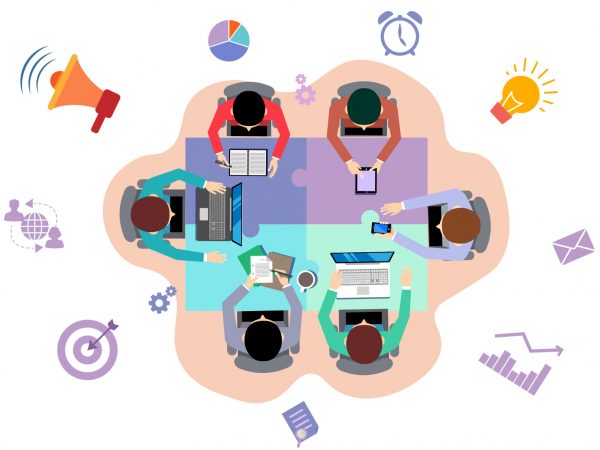

Learning Analytics to Support Collaborative Learning
This project aims to improve and support the collaborative learning experiences of students through the use of analytics by helping students or instructors to understand how people are working together and recommending materials or posts that should be of interest to a specific user.
Add Your Heading Text Here
When instructors have access to analytics, the goal is to support their monitoring of course activities so that they can adjust them to ensure that their desired pedagogical design is enacted.
People: Gokce Akcayir, Zhaorui Chen, Carrie Demmans Epp, Marissa Snihur, Leticia Wanderley
Collaborators: Jim Hewitt, Amna Liaqat, Cosmin Munteanu, Eleni Stroulia
Alumni: Yonael Bekele, Tyer Heise, Ryan Perez, Farnoosh Fatemi Pour, Dake Zhang
Publications & Presentations:
Chen, Z. , & Demmans Epp, C. (2020). CSCLRec: Personalized Recommendation of Forum Posts to Support Socio-collaborative Learning. In A. N. Rafferty, J. Whitehill, V. Cavalli-Sforza, & C. Romero (Eds.), Thirteenth International Conference on Educational Data Mining (EDM) (pp. 364–373). International Educational Data Mining Society. https://educationaldatamining.org/files/conferences/EDM2020/papers/paper_64.pdf
Fatemi Pour, F., Akcayir, G., Demmans Epp, C., & Stroulia, E. (2020). Analyzing Computer-Science Students Feedback to Better Understand Team-based Learning Experiences. American Educational Research Association (AERA) Annual Meeting. http://tinyurl.com/svzajko
Liaqat, A., Akcayir, G., Demmans Epp, C., & Munteanu, C. (2019). Mature ELLs’ Perceptions Towards Automated and Peer Writing Feedback. In European Conference on Technology-Enhanced Learning (EC-TEL) (pp. 266-279). https://doi.org/10.1007/978-3-030-29736-7_20
Demmans Epp, C., Perez, R. Phirangee, K., Hewitt, J., & Toope, K. (2019). User-Centered Dashboard Design: Iterative Design to Support Teacher Informational Needs in Online Learning Contexts. Presented at the American Educational Research Association (AERA) Annual Meeting, Toronto, Canada.

ICTs for Indigenous Women in Latin America and Canada
The goal of this Partnership Development Grant project is to create an international partnership of individuals and institutions with expertise in ICTs, gender, communication, and Indigenous ways of knowing in order to support of Indigenous women’s efforts to develop gender-responsive ICTs for their specific priorities.

We aim to accomplish the development of a sustained partnership of individuals, CSOs and institutions committed to supporting Indigenous women’s efforts, as well as provide mentoring and training opportunities for Indigenous women. Furthermore, we will conduct research with Indigenous women’s CSOs in Canada and Latin America to co-develop and recommend ICT strategies and solutions to the priority areas. The project will produce a number of tangible deliverables, such as training modules for Indigenous CSOs in the 3 areas, strategies, and solutions.
People: Carrie Demmans Epp, Gisele Arevalo
Collaborators: Pascal Lupien


Learning Analytics to Support Online Academic Information Searching
The purpose of this project is to discover the information selection strategies of high-school students working on online reading tasks.
Add Your Heading Text Here
We want to capture these strategies using classification models. The detected sequential behaviour patterns will then be used to determine students’ reading comprehension.
People: Carrie Demmans Epp, Minghao Cai

Cross-Platform User Modelling for Pilot training
In this project, we developed a cross-platform student model for use in online pilot training to personalize the learning paths of students.

This model works within a complex online educational system consisting of a learning management system, a virtual-reality world, and a flight simulator among other technologies that include a chatbot. As part of this project, we conducted a qualitative case study to understand student behaviours and experiences.
People: Carrie Demmans Epp, Minghao Cai
Collaborators: Brandon Kozak, Tahereh Firoozi, Delphi Technology Corp, Matt Taylor
AR Based
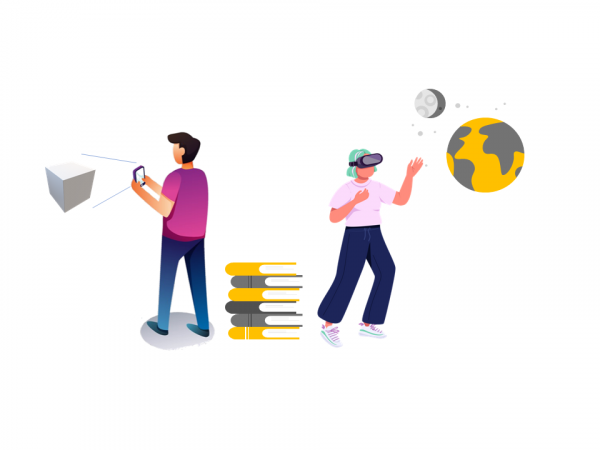
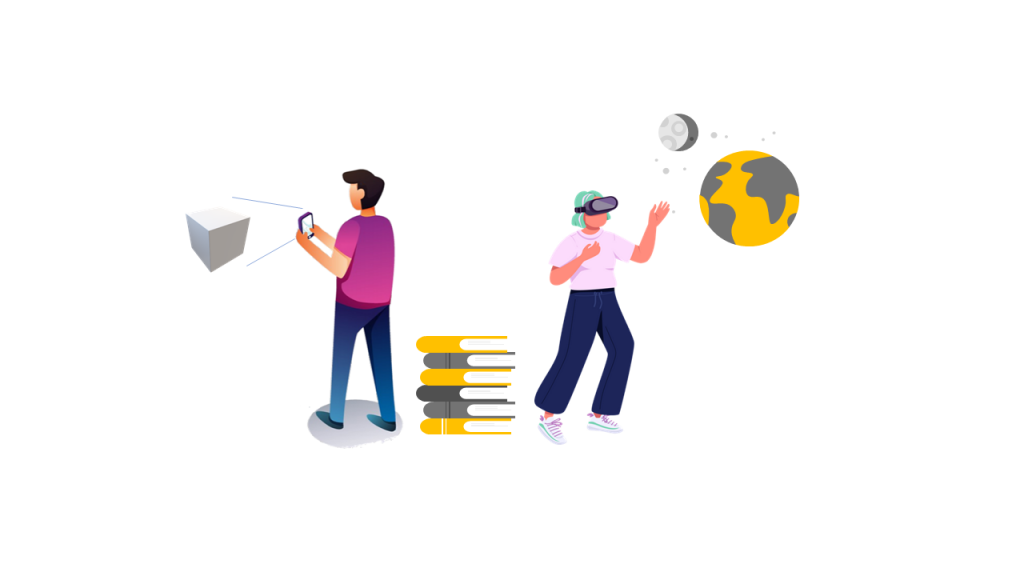
Augmented Reality Use in Education
This project conducts a quantitative analysis to measure the extent of the augmented reality techniques’ impact on education.
Add Your Heading Text Here
In this project, we conducted a meta-analysis of quantitative research papers (journals and proceedings in the past ten years) that were included in major databases. The main purpose of this meta-analysis study was to analyze the impact of AR on users’ learning outcomes in both informal and formal learning contexts.
People: Carrie Demmans Epp, Minghao Cai, Gokce Akcayir
Publications and Presentations:
Cai, M. , Akcayir, G., & Demmans Epp, C. (2021). Exploring Augmented Reality Games in Accessible Learning: A systematic review. To appear In the Adaptive Accessible AR/VR Systems Workshop at the ACM CHI Conference on Human Factors in Computing Systems (CHI). Yokohomo, Japan [online].
Behaviour Analysis

Gaze-based Analysis of Student Attentional Behaviours during Healthcare Training Simulations
The main purpose of this project is to understand the difference in attentional behaviour patterns between novices and experts who are participating in a simulated healthcare environment.
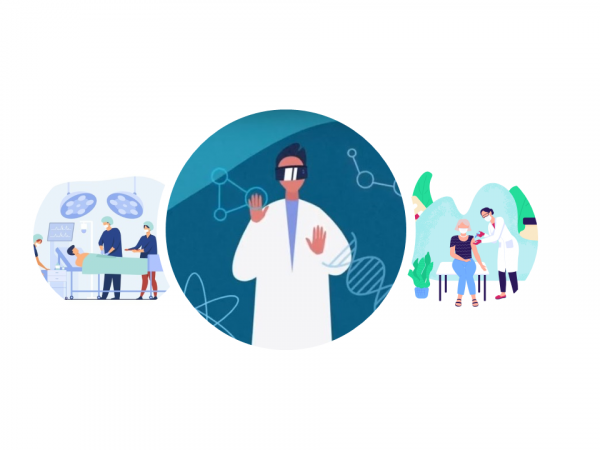
This knowledge may help us to support the design of better guidelines and adaptive tools to improve the quality of skill training.
People: Minghao Cai, Carrie Demmans Epp
Collaborators: Surgical Simulation Research Laboratory
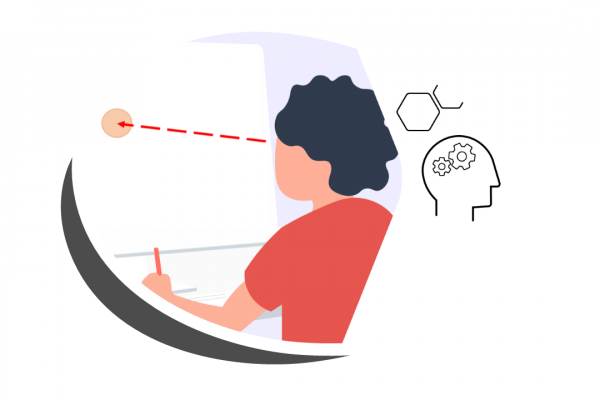
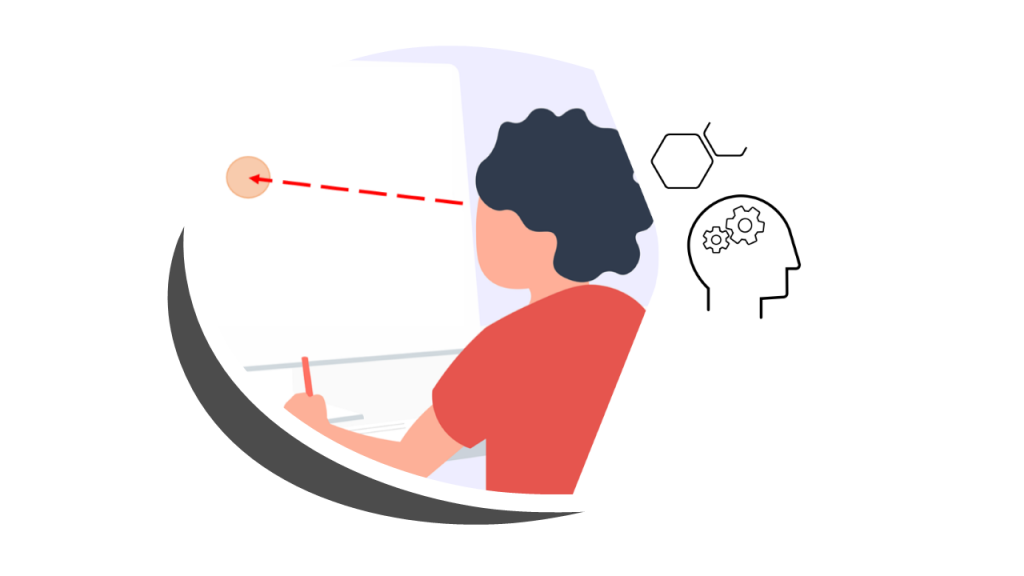
Eye-gaze Learning Analytics to Support Online Learning
This project aims to improve and support the online learning experiences of students through the use of eye-gaze analytics. These analytics will help students or instructors understand people’s attention patterns and information-seeking strategies.
Add Your Heading Text Here
In the sub-projects, we model users’ (e.g., students, expert) learning patterns using detailed eye-tracking information (e.g., gaze, pupil, blink) in different learning scenarios including writing modification, RSVP reading, and Gamed-based language learning. The comparison between eye-gaze behaviours and learning performance offers insights into learning strategies and provides the potential to design adaptive learning support that accounts for these strategies.
People: Carrie Demmans Epp, Minghao Cai
